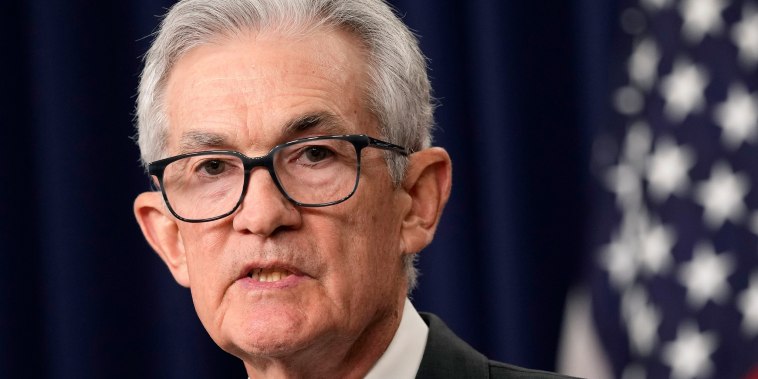In analyzing the Federal Reserve’s decision to keep interest rates higher for an extended period, one must consider various factors that contribute to the overall economic landscape. While some may view this approach as restrictive or hindering economic growth, there are compelling arguments suggesting that this strategy may ultimately benefit the economy in the long run.
One of the primary reasons for maintaining higher interest rates is to curb inflation. Inflation occurs when the general price level of goods and services rises, eroding the purchasing power of consumers. By keeping interest rates higher, the Federal Reserve aims to slow down spending and borrowing, which can help prevent an overheated economy and excessive inflation. This proactive measure can lead to a stable economic environment in which businesses can plan for the future without the uncertainty of sharp price increases.
Furthermore, higher interest rates can also attract foreign investors looking for higher returns on their investments. This influx of foreign capital can bolster the strength of the U.S. dollar, making imports cheaper and exports more expensive. While this may pose challenges for American exporters, it can also benefit consumers by providing access to a wider variety of affordable goods and services. Additionally, a stronger dollar can help stabilize the trade deficit and promote a more balanced global economy.
Moreover, by keeping interest rates higher for an extended period, the Federal Reserve signals its commitment to maintaining a sound and stable financial system. Investors and businesses are more likely to have confidence in an economy that is not driven by excessive borrowing and risky investments. This conservative approach can help prevent economic bubbles and financial crises, ultimately fostering sustainable growth and prosperity.
Critics of the Federal Reserve’s decision may argue that higher interest rates could hinder consumer spending and business investment, leading to a slowdown in economic activity. While this concern is valid, it is essential to recognize that the Federal Reserve carefully balances the need for economic growth with the imperative of maintaining price stability and financial health. By judiciously adjusting interest rates in response to changing economic conditions, the Federal Reserve can steer the economy on a path of steady and sustainable growth.
In conclusion, the Federal Reserve’s strategy of keeping interest rates higher for an extended period may not be such a bad thing after all. By prioritizing price stability, financial soundness, and long-term growth, the Federal Reserve plays a crucial role in safeguarding the health and stability of the U.S. economy. While challenges and uncertainties may arise along the way, a prudent and deliberate approach to monetary policy can help ensure a prosperous future for all Americans.

